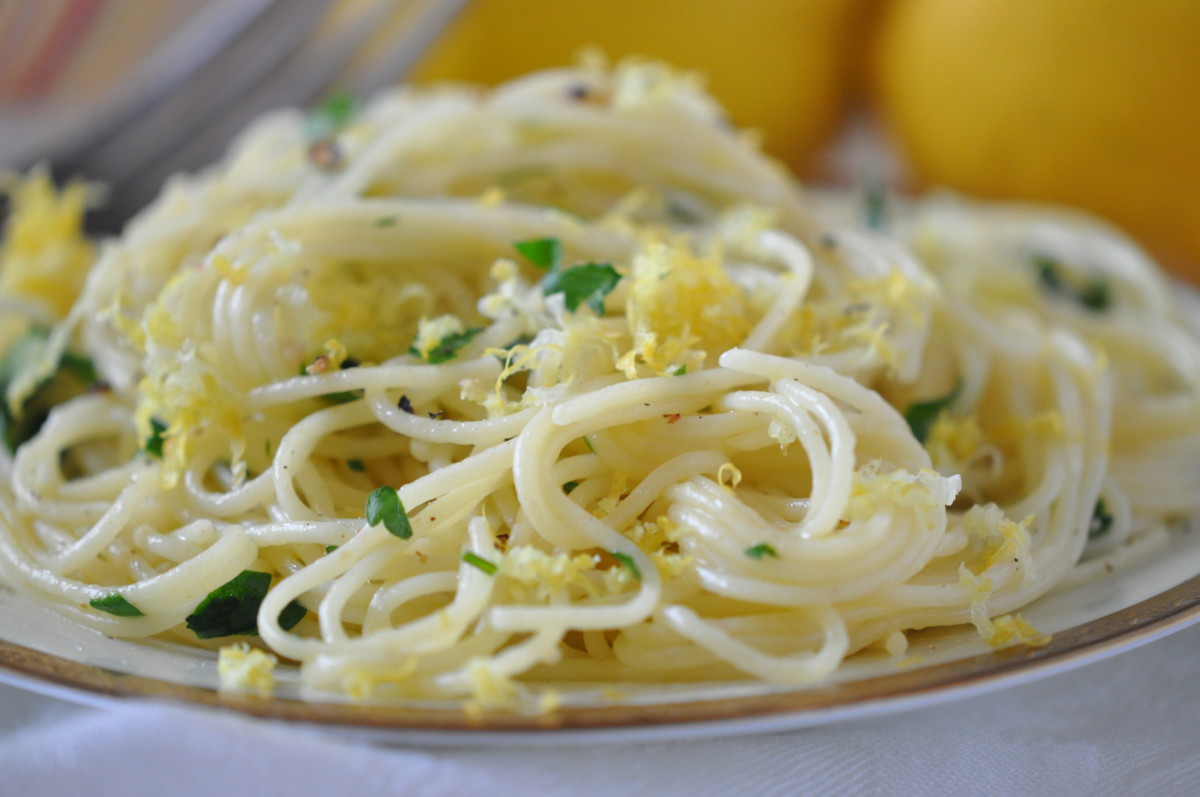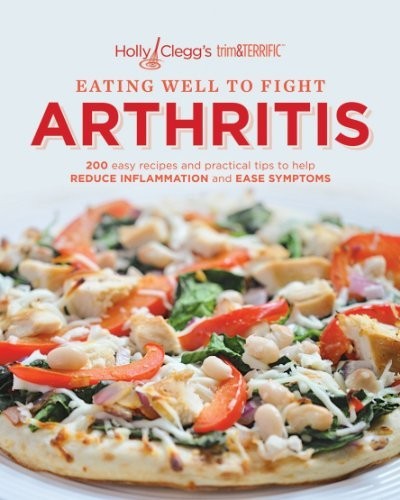Taste Changes with Chemotherapy When Food Does Not Taste Good!
Sometimes your taste changes with chemotherapy. One of the most common complaints during chemotherapy is food does not taste good or “food has no flavor.” Some chemotherapy agents will cause these taste aversions, but sometimes it can be caused by dehydration or lack of adequate nutrition. The flavor of people’s tastes can vary as well; some people get a metallic taste, some salty, and others no taste at all!
Recipes To Help When Food Does Not Taste Good
In Eating Well Through Cancer Cookbook, there’s recipes that help when food does not taste good because your taste changes with chemotherapy. Lemon Angel Hair Pasta is a recipe with lemon to help tempt your taste buds. Using the tips below to combat taste aversions can improve nutritional status by promoting adequate calorie intake and preventing further weight loss. There is a direct link between nutritional status and delays in treatments; therefore making eating a priority, even when food does not taste good, can help improve treatment outcomes. This cancer cookbook focuses on the best tolerated foods during cancer treatment.
Tips to Combat the Dreaded Taste Changes with Chemotherapy:
- If you are experiencing metallic taste when food does not taste good, steer away from silverware and use plastic-ware instead. Also avoid cooking in metal pots and pans; choose glass or ceramic when possible. Stainless steel cups or containers can also transfer some metallic flavor over onto the food you are eating. Metallic taste is a common complaint with red meat. If this is the case, choose other high protein sources, such as chicken, fish, eggs, or beans. Bread Pudding Florentine is a good source of protein.
- If you are experiencing bland flavors, or “no taste,” add distinct or strong flavors onto the foods you are eating, such as onions, garlic, pickles, or mustard. You can season or marinate meats with a vinegar or lemon base to help bring out some flavors as well. Citrus like lemon and orange make a great vinaigrette ingredient like in this Fruity Quinoa Salad and citrus is also good sprinkled over baked chicken like in Lemon Feta Chicken Spicy foods have also been known to provide some flavor to patients who can taste anything; however, steer clear of salsas or spicy foods if you are experiencing mouth sores. The Smoothie Chapter in the cancer cookbook includes smoothies like this Green Smoothie which helped so many people with a sore mouth.
- If you are experiencing a salty or bitter taste when food does not taste good, try adding a small amount of honey, sugar, or pure maple syrup to your meals to offset that salty taste and help enhance the flavor. Also, the opposite can happen, food can taste too sweet. Adding a little extra salt on your food can tame the sweet or sugary taste.
Other Things You Can Do when Your Food Does Not Taste Good
- Rinse your mouth out before eating. It is important to keep your mouth clean during treatment to prevent taste aversions, as well as mouth soreness. A quick salt and soda rinse (1 tsp baking soda, ½ tsp salt, and 1 qt water) can help balance out the pH of the mouth and help foods taste a little fresher. Swish it and spit it out before meals and before bed to get the most out of your meals. Make sure not to swallow it, as it could upset your stomach. It stay fresh for awhile, so you can make a large batch and store it your kitchen to have on hand before each meal
- Work those salivary glands. Tart candies and foods can also bring out flavor when your tastes are out of whack. Lemon drops are an ideal candy for this, just tart enough to stimulate the salivary glands and clean the mouth, without being too harsh or unbearable. Drinking a small glass on lemonade or adding citrus onto your foods may also freshen up the flavors of your meal or snack.
- Drink your fluids. As mentioned above, occasionally taste aversions can occur from dehydration. When your mouth is dry, food does not have as much flavor. Unfortunately, the taste of water is often a complaint of chemotherapy patients as well. Try adding fruit (lemon, lime, orange slices) or a small amount of 100% fruit juice into your water to give it a hint of flavor and make it palatable.
Savor Health Understands That Taste Changes with Chemotherapy
For more information, you can visit Savor Health and check out their blog with many more articles that discuss taste aversions and other cancer related topics. This article was written by Kylie Buchan MS, RD, CSO, CDN for Savor Health














Leave a Reply